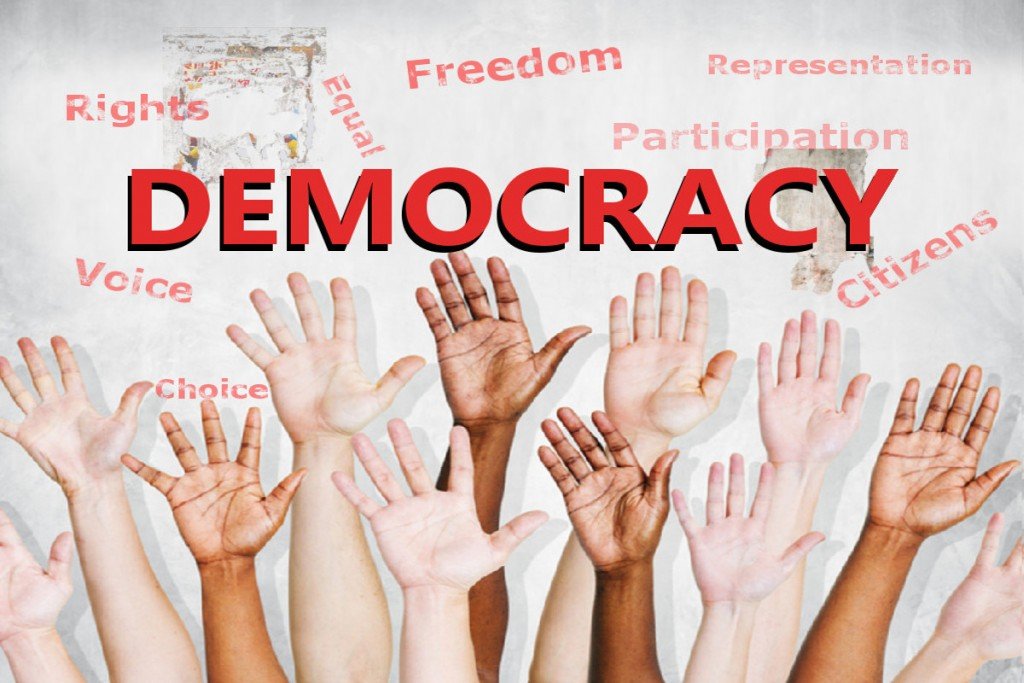
1. Introduction
Democracy is defined as a means for the people to select their leaders and to hold their leaders liable for their policies and their conduct. Pakistan and its neighboring country India both are democratic countries. Difference in political culture is that Pakistan is a specifically Muslim state and India is a secular state. In Pakistan being a Muslim country Sharia is followed up in all laws, but India’s constitution is part of many other democratic countries, some of the laws are also aligned with United Nation laws. Both of them are borderline countries, some rules, regulations, directives and policies are same and some have a huge differences.
2. Early stages and democracy
Pakistan came into being in 1947, and Founder Mohammed Ali Jinnah died after 13 months of foundation, assassination of Prime Minister Liaquat Ali Khan after 4 years results in political violence which results in in stability of country. While on other hand India to build strong organizations and self-governing conducts. From the day one of foundation of Pakistan, military has several times overthrew elected politicians for survival of country, but in India from 72 years military in on borders or in barracks.
Newly made Pakistan has a security issues so signed pacts like SEATO and CENTO and in start democracy does not prosper in country, so quickly went under Military Dictatorship. On the other hand India choose for NAM and fate of India remained in her own arrows.
3. Voting system
For democracy system voters should feel free to cast vote of their choice, for this they must have enough knowledge and education to judge their future leaders. Both countries shares parliamentary democracy as the law of the land. In both countries government is selected by the voting power of public. India and Pakistan both has different politics party i.e. Congress, BJP and on other hand PTI, Muslim league (N) and others respectively. In elections days, public of both countries has a tension in country to make its party won. If one party loses, hands over government to winning one.
4. Examples of democracy
Some of examples of democracy are as following:
a. In India, Prime Minister Atal Bihari Vajpayee was defeated in election and handed over government saying, ”The people have given their verdict,” he said. ”I accept it.”
b. While on the other hand in Pakistan, General Pervaiz Musharaf overthrew the public elected Prime Minister saying Pakistanis have lost faith in politicians and took over as President of Pakistan. Within two hours, Prime Minister Nawaz Sharif and Shahbaz Sharif was deported.
c. In Pakistan institutes like Supreme Court, election commission are involved in elections for pure elections results and to know what the nation want. But on the other side In India, generally Supreme Court and main institute remains out of all such politics, which often results electoral misconduct. In 1971, Court of Allahabad found Indira Gandhi was guilty of misconduct in elections and banned for six years but she didn’t left the seat and declared emergency state. She arrested her opponents, silenced the media and keep on ruling but then in 1977 India’s voters threw her throne and she accepted.
d. Strategic and Tactical Operation Fair Play is one of the example by General Zia ul Haq, the operation to over threw Bhutto’s government he announced free and fair elections in Pakistan, making sure arrest of Bhutto and his political ministers. He dissolved National and Provisional Assemblies of Pakistan, and imposed Martial law.
5. Minorities
In Pakistan, minorities are having equal rights whether Hindu, Christian or from which ever religion individual is. Lot of Hindus are living in cities of Sindh Hyderabad, Karachi, and they are enjoying equal rights, jobs, and some are also part of Pak Military. But on the other side, in some areas Indian Muslims are deprived of basic rights. Example of Gujrat attack on Muslim is an example. In some zones they are not allowed to eat beef, saying it’s a holy animal.
6. Conclusion
At the end I would like to say that both countries have some gray areas, not everything India has accomplished is perfect, Pakistan has also some gloomy side in this regard. So it is need of the time to work for the welfare of their people instead of their personal interest. Both Asian countries has constitutions and structures that are preserve and should be followed up with full zeal and zest. Both homelands has thoughtful and devoted peoples eager to see their nations flourishing and prosperous.
Author Bio : Ali Hassan, 23 years old student from Karachi, Pakistan.A participant of International Essay Competition,April,2019


